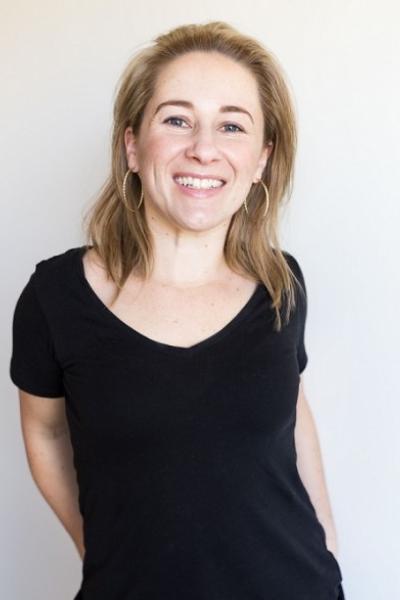
Rachel England
Environmental scientist with a passion for qualitative research methodologies, decolonising research, and sustainability practices. My other particular interests are sociology, biocultural diversity, gender studies, and science communication (graduate of two Sustainable Stand Up comedy courses).
Since 2002, I have worked for the Australian Quarantine & Inspection Service (AQIS) (policy development and plant pest risk assessments), AusAID (science capacity building in Samoa), Australian Department of Defence (Defence Force training area/base environmental management), and private sector environmental consulting (for a range of government and non-government clients).
In March 2016, I started my PhD at the ANU Fenner School of Environment and Society researching with Indigenous women in Australia and the Pacific Island to privilege their ways of being, knowing and doing sustainability.
In 2018 I became a partner investigator with the Jean Monnet Sustainable Development Goals (SDG) Network (an EU-funded programme that will span 2018-2020).
At ANU, I am an Associate of the ANU Centre for European Studies, and student representative on the Climate Change Institute (CCI) internal Advisory Committee, the Fenner School Board, the Fenner School Research Committee, and the Fenner Invited Seminar Series (gender) organising committee. I am also a member of the ANU Pacific Institute, ANU Gender Institute, the ANU Methodology for Integrative, Collaborative and Interdisciplinary Engagement (AMICIE) forum, and various groups within the Fenner School of Environment and Society, such as the Small Island Developing States (SIDS); Gender Equity Discussion; Policies, Institutions and Economics for Sustainability (PIES); and Human Ecology.
From 2015-2017 I was an elected member of the ACT Branch Committee of the Australian Water Association (AWA).
I am a member of the International Water Centre (IWC), having completed an IWC Leadership Short-Course in 2014; the Australian Association for Pacific Studies (AAPS); the Society for Conservation Biology (Oceania); and the Institute of Australian Geographers.
Agriculture and Food Security, Aid, Anthropology and Ethnology, Art and Performance, Biodiversity and Conservation, Climate Change, Corruption and Transparency, Cultural Heritage, Custom and Culture, Development, Disasters and Emergencies, Education, Environment, Fisheries, Forestry, Gender, Governance and Leadership, Human Rights, Indigenous Knowledge, Literature, Livelihoods, Migration and Pacific diaspora, Pacific Studies, Peace and Conflict, Public Policy, Regionalism, Religion, Science and Technology, Tourism, Urbanisation, Water, Youth.